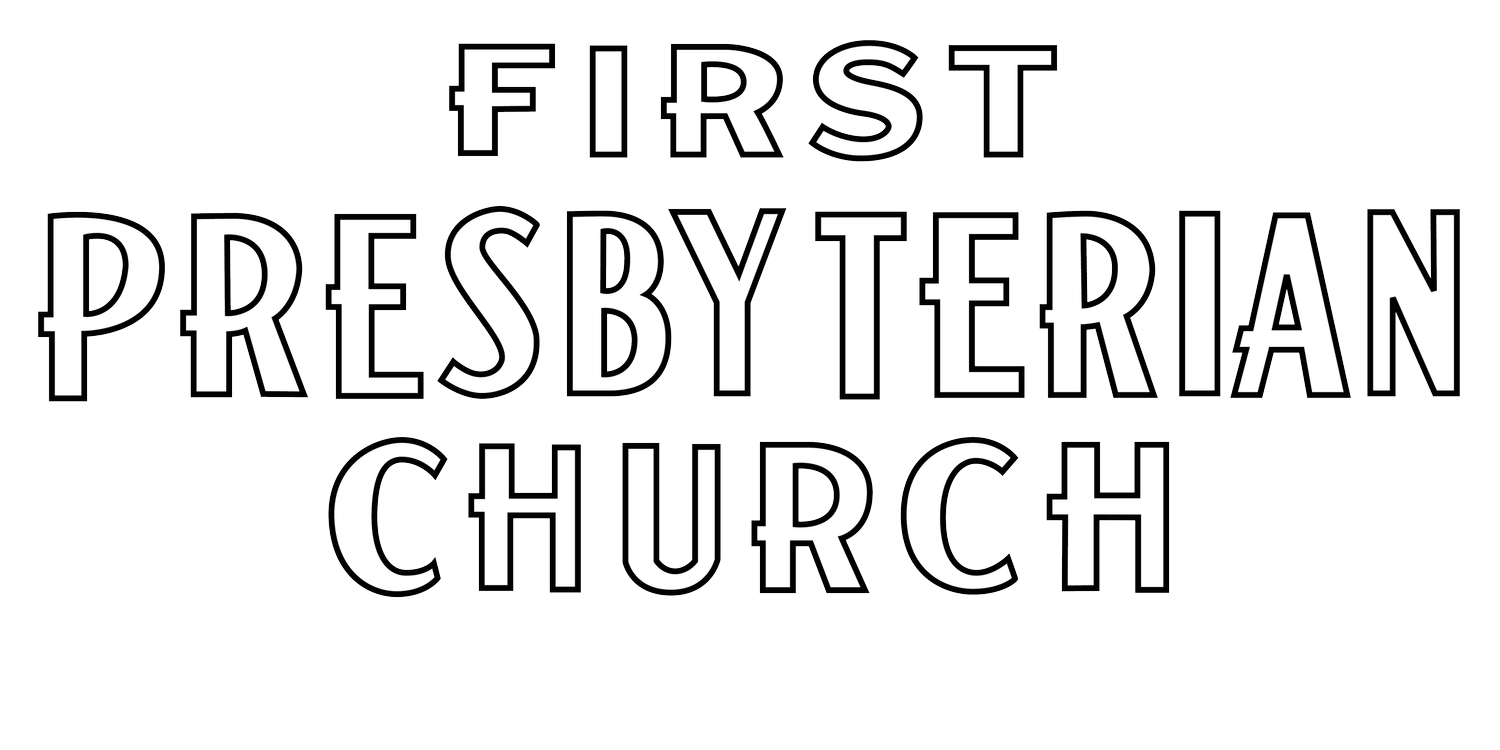Lost and Found
Luke 15:11-32
We once got a kitten from some friends in the small mountain town of Plain, WA. We named her Plain Jane, and called her PJ. We’ve always been dog people, but never cat people. Not only were we not cat people, but we were anti-cat people. Until we saw little PJ, that is. We first saw her when she was about 3 weeks, and went back to bring her home when she turned 8 weeks.
One day about 6 months later we had a rare thunder storm, and PJ took off in a fright. She returned a few hours later, but then mysteriously disappeared. I now understood why you see “Lost Cat” posters on power poles all over town. For weeks I walked the neighborhood at night, rattling a dish of food, and calling her name. During those sad walks I thought a lot about lostness.
It occurred to me that PJ probably had no idea that she was lost. Who knows where she was - and is - but I doubt she was lost and out looking for me like I was looking for her. She was lost to ME, but probably not to her. My thoughts about lostness led to thoughts about us and God. And those same thoughts arise as I consider a famous story Jesus told. That story is usually called “The Prodigal Son,” but I’m naming it “Lost and Found.” You can read the story in Luke 15:11-32. I won’t go over it in much detail, but simply reflect a bit on the theme of lost and found as we see it in the story.
Jesus was talking about lost things, as an answer to the charge from religious leaders that he welcomed sinners and ate with them. He first talked about lost sheep, then about a lost coin, and then about two lost sons.
The first of these sons is the most famous one, so much so that even in our non-biblical culture the term “prodigal” is often used when referring to one who strays from a path, lives wastefully, but then returns to the right way of living. I wonder about this younger son, who took an early inheritance, went far away, and lived in extravagant wastefulness. I wonder: Did that son feel lost? I doubt it. I think, for the most part, he felt good. He felt good and happy until his hunger drove him to return home.
But back to my PJ story. As I said, PJ was lost to ME! I searched and searched but couldn’t find her. In the same way, the younger son, was indeed lost - lost to his FATHER! The essence of his lostness was not that he went to a far country and sinned a lot. The essence of his lostness was that he had left the love of his father. And so the father searched for him. While that son “was still a long way off, his father saw him.” It is likely that his father had been daily watching, watching, waiting, hoping. My looking for PJ is nothing in comparison, but it helped me identify with this searching father.
And then there’s the older son. Was he lost? My answer is a resounding YES! He was every bit as lost as his wayward brother. But, like his brother, I don’t think he saw himself as lost. Like the Pharisees and teachers of the law who were confronting Jesus, the older brother appeared to all to be anything but lost. He was the eldest son of a (most likely) prosperous land owner. He had a steady job, he had friends, he was dutiful and obedient. He had a bright future. But, sadly, just like the younger, he was lost to his father. When his father went out find him, to bring him into the homecoming party, he refused to come. He, unlike the younger, refused to be found.
Pastor Doug, in the Rhythms of Grace group, asks the question: Which person in this story do you most identify with? The younger lost son, the older lost son, or the finding father? As I reflect on it now, I think of the searching father, walking the neighborhood of my life, calling my name as I called for PJ. He searches with hope. He searches - maybe sometimes with sadness? He is continually straining his eyes to see me coming down the road. He sees me from a long way off. He is filled with compassion (notably, not anger), runs to me, throws his arms around me, and kisses me.
I search myself with the question: Will I, over and over again, allow myself to be found by my seeking father? Will he say of me: This child of mine was lost and is found? I’m sure all would agree that it’s best not to be lost but found. So let us give ourselves to the encircling arms of our finding father.
